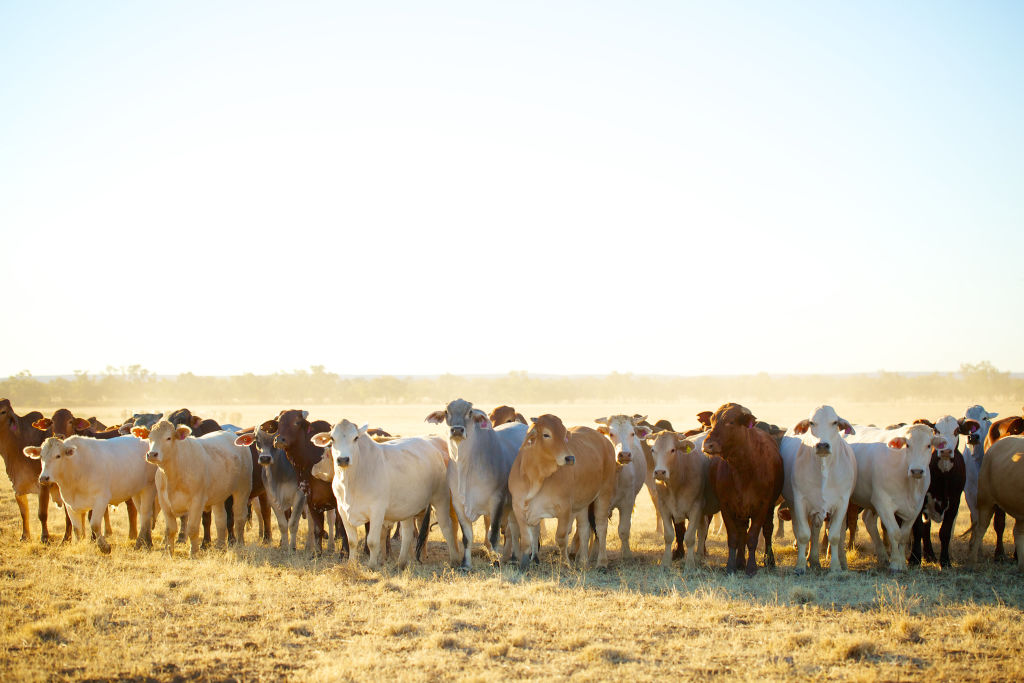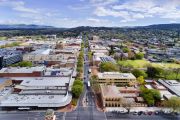
Australian agricultural land to remain popular with foreign investors
Agricultural analysts and agents believe that foreign investment in Australian farmland will continue to be strong, particularly given its “safe haven” status during the COVID-19 pandemic, but are awaiting the release of government figures to see if the crisis and changes to foreign investment guidelines have had any impact on transaction levels.
“I don’t think foreign investment has peaked and there’s a number of factors behind that,” Rabobank analyst Wesley Lefroy said.
“[There is the] attractiveness of agland as an asset class, the relatively weak Australian dollar but also the resilience of the asset class.
“[Add in the fact that] Australian agland is still relatively cheap so, from that perspective, I think Australia is an attractive place for foreign investors and we’ll continue to see investment here.”
Demand in the coming six to 12 months would likely come from overseas fund managers with existing exposure to the market seeking to bolster their Australian holdings as a result of Australian agriculture being considered a “safe haven”, according to Tom Russo, general manager of real estate at Elders.
“The market has matured, but not peaked. We now have investment managers with strong track records of successfully deploying capital and managing agricultural assets in Australia,” Mr Russo said.
“These managers are therefore more readily able to attract further tranches of capital to grow their portfolios and we will continue to see strong investment from them.
“In the current environment, farmland is also seen as a safe haven with low risk [relative to other asset classes] and good long-term returns, providing an excellent hedge in a properly balanced investment portfolio.”
Australia’s reputation for producing high-quality agricultural products would also see it continue to appeal to investors from countries with growing populations.
“New players will also continue to be attracted to Australian farmland as an asset class given the strong macro themes that are well understood in terms of growing populations drawn to high quality and safe agriculture products,” Mr Russo said.
The Foreign Investment Review Board, which is in charge of approving foreign applications to purchase land, releases figures on an annual basis and has not yet published figures encompassing the period of the pandemic.
According to the most recent report in 2018-19, there were 197 approvals granted for $7.3 billion worth of proposed investment in the agriculture, forestry and fishing sector (which includes the sale of agricultural land). The countries with the largest investment in Australian agriculture by value were Canada ($1.6 billion) and the US ($1.2 billion).
Understanding where the demand is coming from is difficult, with most analysis done on a region-by-region basis, according to Mr Lefroy.
But he said the travel restrictions associated with the pandemic were unlikely to dampen overseas buyer demand, with many large foreign investors establishing a local network of connections who could conduct due diligence on their behalf.
“A lot of the foreign investors I’ve talked to have connections here in Australia and we have seen investors teaming up with locals who are sharing the due diligence work,” Mr Lefroy said.
Impact of FIRB changes yet to be seen
Perhaps the greatest unknown when it comes foreign investment is the impact of the federal government’s decision to lower the transaction dollar value threshold to zero for deals that require Foreign Investment Review Board approval.
Previously agricultural transactions greater than $15 million had been referred to the board.
Mr Lefroy said the high value of most foreign companies’ investments in Australian agricultural properties meant that most already exceeded the $15 million threshold.
“The level before was $15 million and a lot of investors were operating above this level so I don’t think that has decreased [investment appetite],” Mr Lefroy said.
The bigger barrier was the government’s move to push processing times out to six months.
“I think the extension in approval from 30 days to six months has increased the logistical difficulty for foreign buyers,” he said.
JLL Agribusiness director Geoff Warriner said this blowout to the timeframe had tipped the balance in favour of local, high-net worth investors who could act quickly to secure a property.
“[The FIRB changes] have had an effect, not a major one, but definitely not a positive one either,” Mr Warriner said.
Other agents in the sector believe the changes will have little impact.
Pat O’Driscoll, partner and head of Knight Frank Rockhampton and Region, said sophisticated foreign investors were well adjusted to operating within government purchase guidelines and would simply adjust their expectations to suit the new timeframes.
“It’s always been a process. Whoever it is, if investors have engaged with the right consultants here or overseas and they then know they are eligible to apply [it will be just waiting on the process to be completed]. We rely on the government to process it in a reasonable time.”
Mr Russo also expressed faith in the government process.
“Our job is to get the best outcome for clients and not to presume upon them to whom it is appropriate to sell their land. It’s up to politicians to determine policies that are in Australia’s best interests,” he said.










